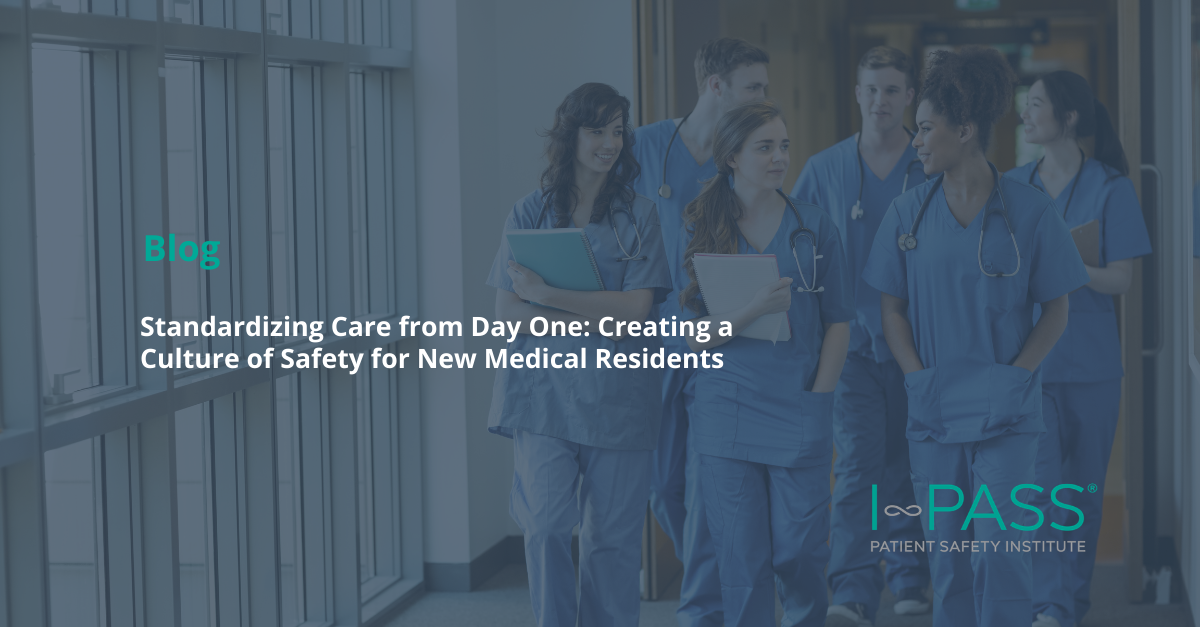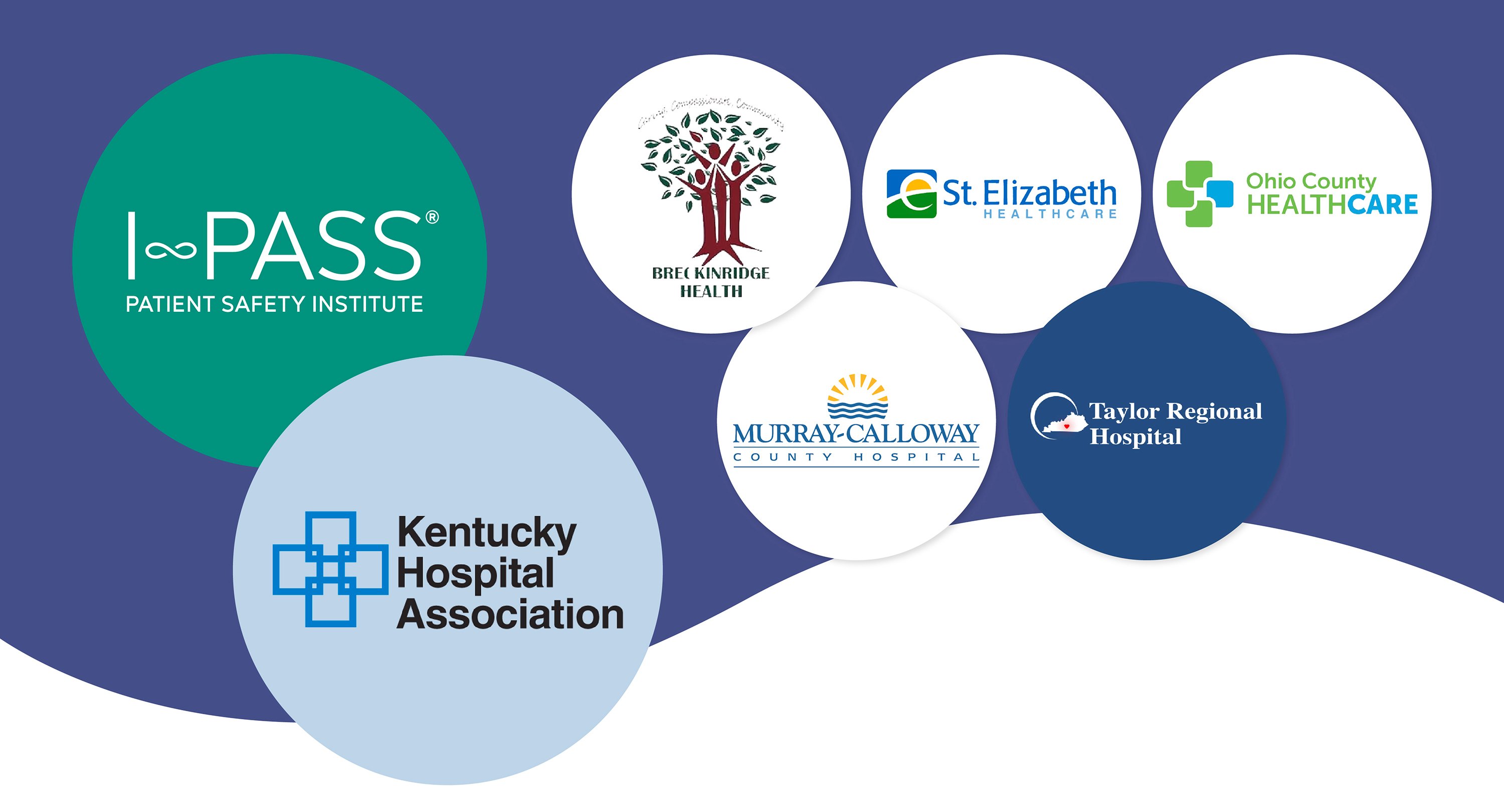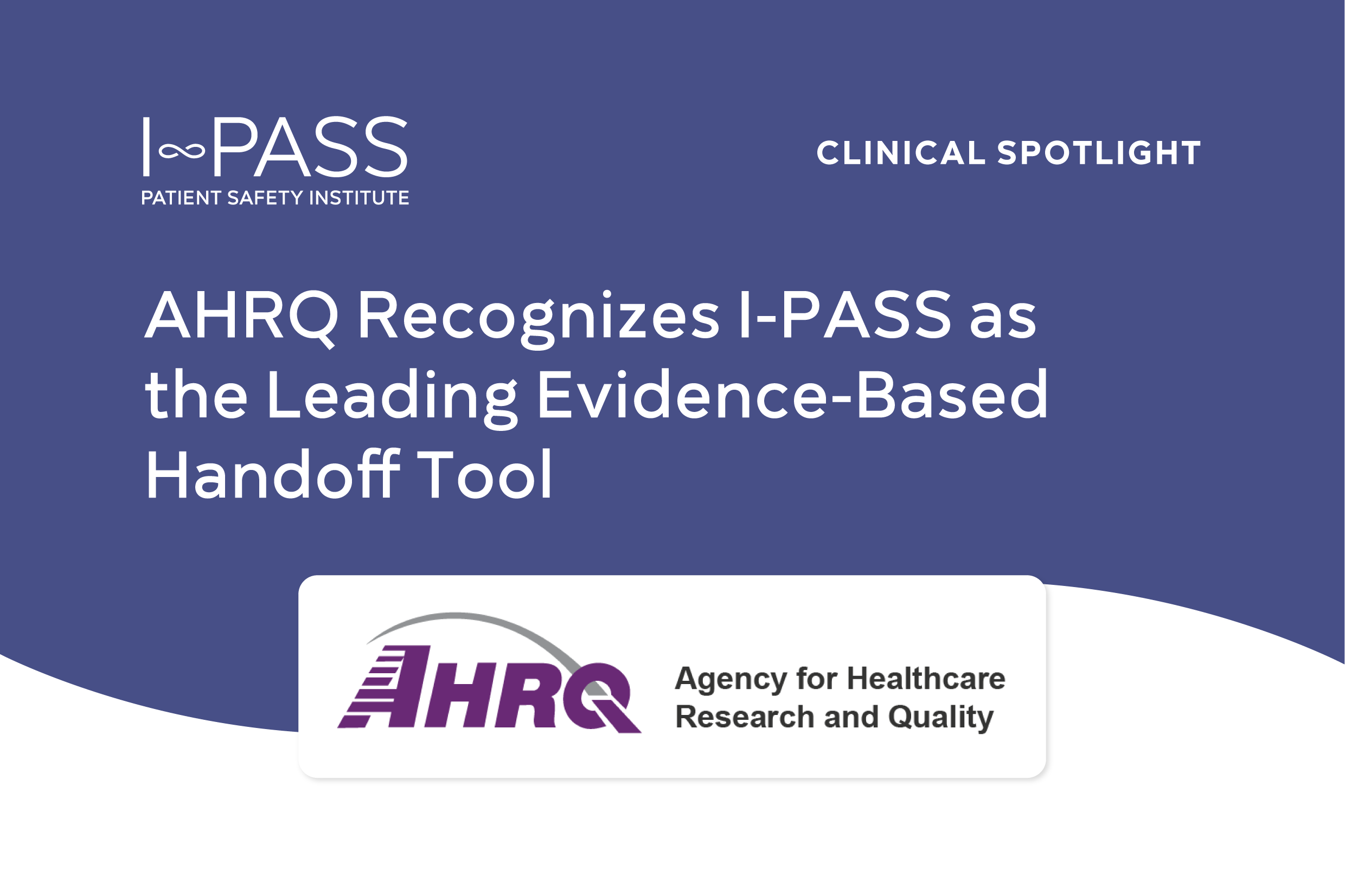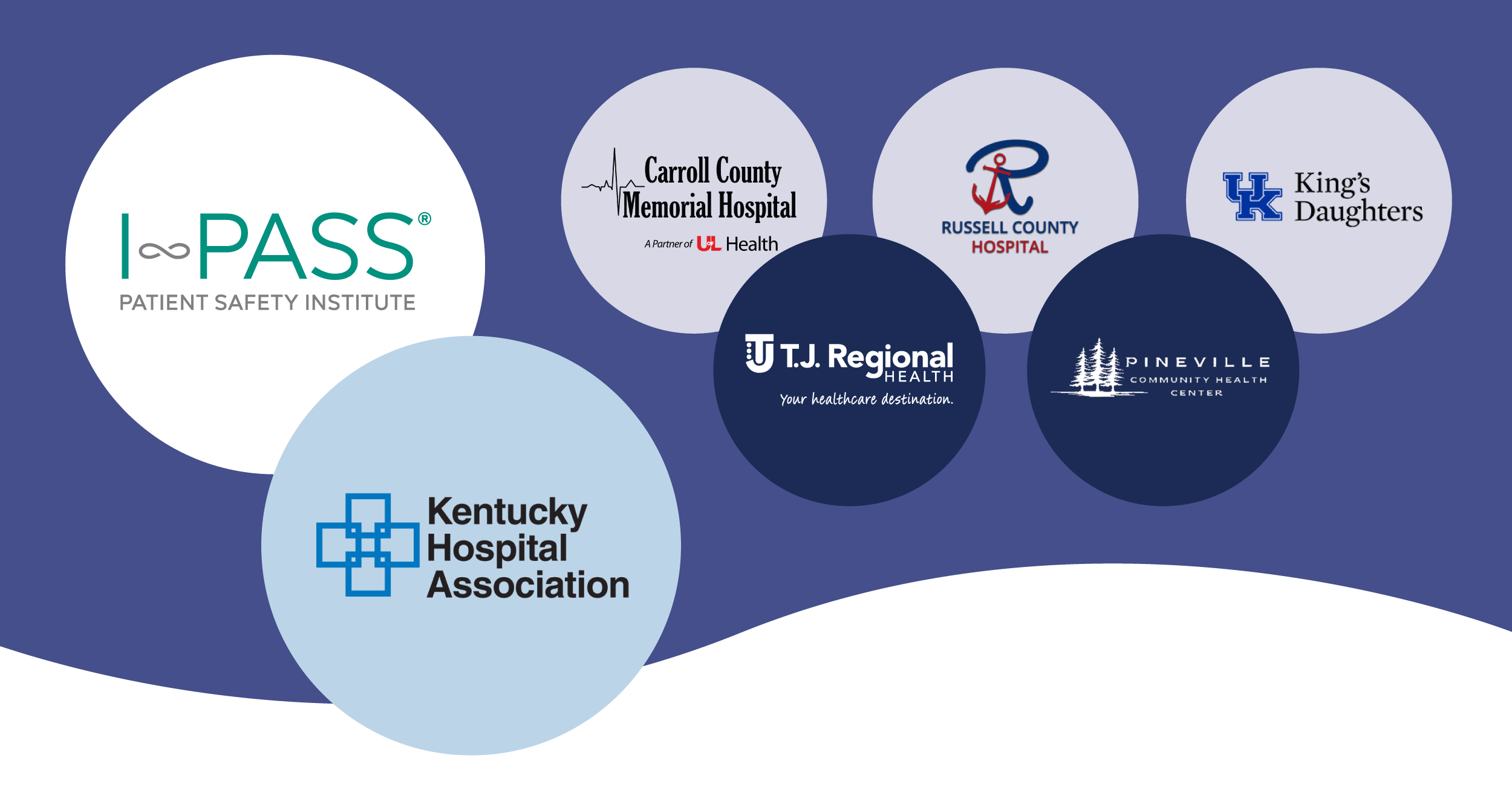Match day has come and gone, and a new class of residents will soon be joining your organization. This year’s match day was the largest on record with more than 48,000 residency applications submitted. With the countdown on until the new residents walk through your doors, you’re likely already in planning mode to ensure their onboarding experience is productive and purposeful. Whether you’ve used virtual resident training in the past or you’re exploring it for the first time post-COVID 19, it is crucial that patient handoffs are included in your onboarding plans for new residents.
Let Communication Be the Driver of Patient Safety
The handoffs in patient care are a pain point for many healthcare organizations. After a long shift, clinicians are tired and ready to hand their patient roster to an incoming colleague. The possibilities of what happened during the previous shift are endless: a patient may have undergone a procedure, conditions or medication may have changed, among many others. Relevant details that could impact the patient’s future condition need to be shared with incoming staff members to ensure coordinated, safe care.
Breakdowns in communication—either the lack of information being transferred, or miscommunication—can be costly, and even fatal. Each year, as many as 251,000 patients die in the United States due to medical errors, and breakdowns in communication are the leading cause of those errors. These sentinel events—the most serious adverse events—often occur when there is a breakdown in communication from one care team to the next during transitions of patient care.
Structuring handoffs and care transitions are important to set in motion on day one with your new residents. By implementing this crucial practice at the start of residency, organizations can instill the importance of this effort and make it part of the routine for care transition. Not only does this practice help to improve patient safety, but by avoiding a breakdown in communication, it can also streamline the workflow and reduce clinician burnout.
Standardize the Solution
By implementing a standard handoff protocol, residents can gain the knowledge from day one to incorporate this into their shift change routine. Standardizing the solution helps physicians communicate with each other more effectively and improves patient outcomes as well. Without transferring knowledge from one caregiver to the next, key bits of information may not be relayed, which could lead to unnecessary or duplicative efforts of caregivers, or in worse cases, serious patient harm.
“Training incoming residents to conduct reliable handoffs is a crucial part of a comprehensive strategy to ensure patient safety,” said Christopher Landrigan, Co-Founder and Executive Council Member of I-PASS Patient Safety Institute. “Implementing a standard protocol for handoffs helps ensure that care plans are carried out seamlessly and patients are kept on the path to recovery."
Continuity of care for patients can be increased by implementing a standard procedure as well. Increased continuity of care has immense benefits for patients, including better outcomes, greater satisfaction and a lower cost of care. With early adoption of handoff protocols for residents, this practice can help them realize their full potential as members of the care team.
Leverage a Clinically Proven Tool
Using a ready-to-go, out-of-the-box solution can ease the stress of adding yet another item to the agenda for new resident orientation. Tools such as I-PASS Training Platform have the ability to provide each resident with the knowledge and practice they need to be successful in perfecting the patient handoff.
I-PASS is an established and clinically proven patient care transitions handoff program. And, standardizing this crucial step with us is easier than most teams expect. The virtual, immersive training platform can have a new or existing resident trained and ready to accept the handoff of their new patients at the start of their first shift and ready to pass along their roster confidently when signing off.
Interested in learning more about how I-PASS can benefit your GME program? Watch our on-demand webinar.





